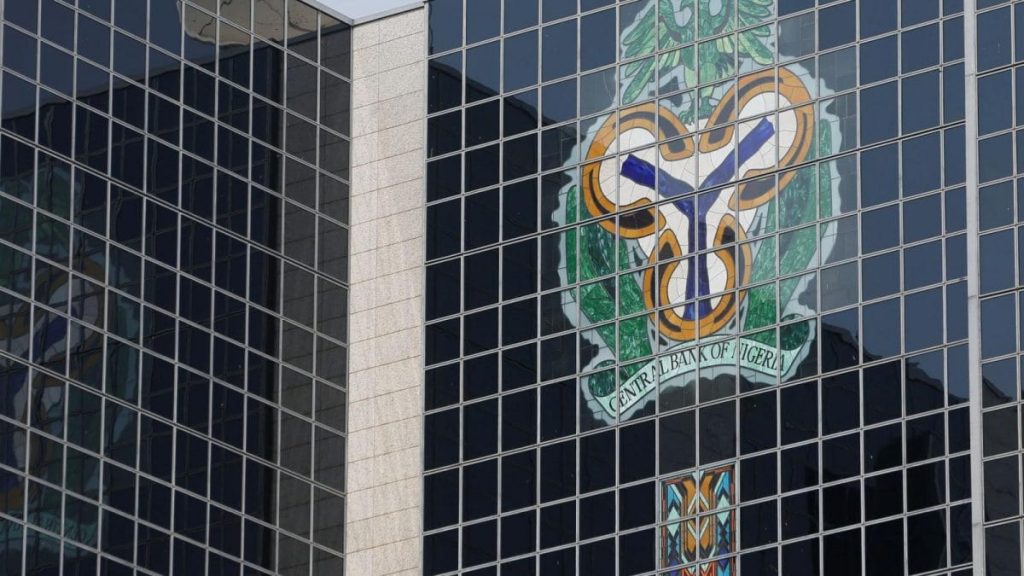CEM REPORT, FINANCE| President Muhammadu Buhari has approved the securitisation of the federal government’s borrowings from the Central Bank of Nigeria (CBN) under the Ways & Means Advances, the Ministry of Finance has disclosed.
The ministry said the debt put at N20 trillion put the securitisation window at 40 years at a nine percent interest rate.
By securitization, it means that the debt will be packaged and transformed into securities to be sold to and purchased by investors at an interest of nine percent.
The Minister of Finance, Budget and National Planning, Zainab Ahmed made the disclosure at the public presentation of the 2023 budget proposals in Abuja.
“The total Ways and Means today is N20 trillion and we have the approval to securitise, then and the securitisation will be over a 40-year period with an interest rate of nine percent.
“But over the years we have been paying the interest component at the current rate that is charged on the Ways and Means.”
Ahmed maintained that the federal government has no intention of restructuring its debt with international creditors, insisting that its public debt stock was within healthy limits.
She explained that the country’s debt maturity was within the Debt Management Strategy (DMS) set up by the Debt Management Office (DMO).
Furthermore, she explained that in the nation’s total debt stock of $102 billion, the foreign component was only 35 percent while 65 percent was domestic, adding that 47 percent of the foreign debt was owed to multilateral agencies, which are concessionary, while 12 percent are bilateral loans from China and others, adding that 31 percent are commercial debts from Eurobonds and others.
She added “The FGN’s contingent liabilities as a percentage of GDP was 2.64 percent in 2021 compared to 2.75 percent in 2020. It is projected to be around this region by the end of 2022. Nigeria is not planning on restructuring its debt as it remains committed to meeting its domestic and external debt obligations.”
Ahmed noted that the possibility of Nigeria defaulting in meeting its debt obligations was very remote noting that the repayment windows were long-tenured.
“The federal government will continue to utilise appropriate debt management tools to streamline the cost and risk profile in the debt portfolio, including through concessional loans, spreading out of debt maturities to avoid bunching, and re-profiling of the debt maturities by refinancing short-term debt using long-term debt instruments.”
She again restated that the challenge facing Nigeria was revenue and not debt, disclosing that, as of August this year, the debt service to revenue ratio was 83 percent.
“That is why I said what we have is on revenue and we have to do everything we can to increase our revenue.
“Our policy target is to keep it at no more than 50 percent over the medium-term period and ultimately reduce it down to 30 percent but we are currently over 50 percent debt service to revenue.”
The amendment of Section 38 of the CBN Act, 2007 cripples the federal government from securitising the debt owed to the CBN.
Although the Act permits the CBN to grant temporary advances to the federal government in respect of temporary deficiency of budget revenue at such rate of interest as the bank may determine.
The Act however states that such advances shall not at any time exceed five percent of the previous year’s actual revenue of the federal government, adding that all advances made under the section shall be repaid as soon as possible; and shall in any event be repayable by the end of the federal government financial year in which they are granted.
The Act adds that “should such advances remain unpaid at the end of the year, the power of the bank to grant such further advances in any subsequent year shall not be exercisable unless the outstanding advances have been repaid.”
The only way the federal government can achieve its securitization plans will be to amend the act.












